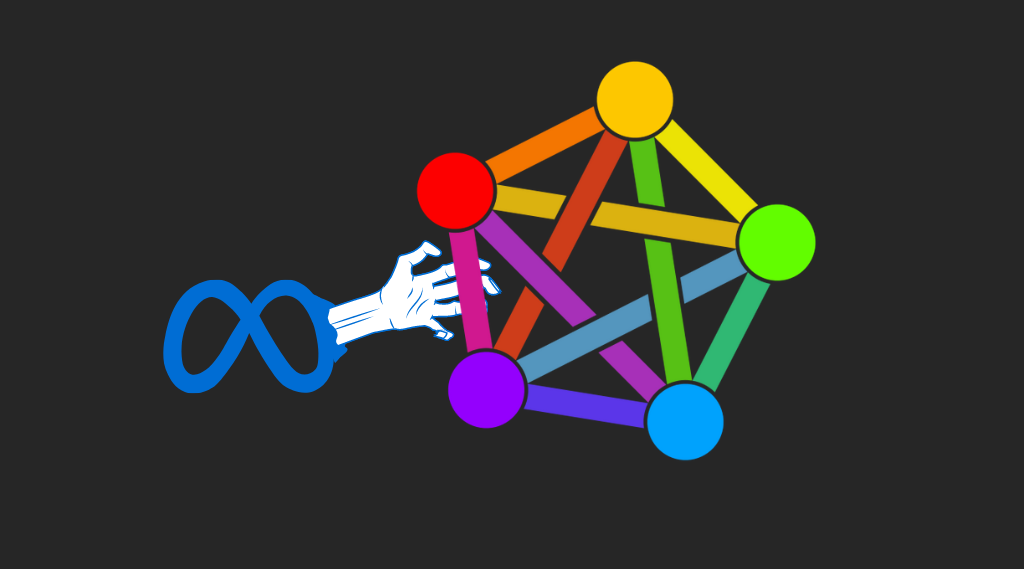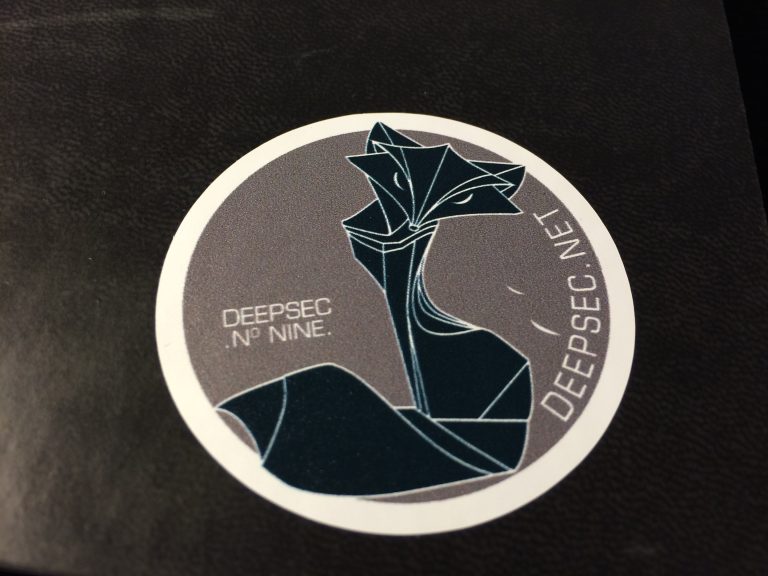The Fediverse, Meta and the Tolerance Paradox [EN]
An unbridgeable divide between ideologies?
This is a translation of the original German blog post from June 22nd: Das Fediverse, Meta und das Toleranzparadoxon
If you’re thinking about not joining the fediverse, because Facebook’s Meta is planning to join the free network anyway, you might be disappointed. Because it probably won’t be quite that simple. The two, perhaps unbridgeable positions are as follows …
Meta and the Metaverse
Meta and the Metaverse
Facebook’s Meta has announced that it will drop the Metaverse and focus entirely on AI instead. That’s where they see the future – for themselves as a corporation with $23 billion in profits in 2022. „Meta’s (formerly Facebook’s) revenue fell by about $1.32 billion to about $116.6 billion in 2022. The company remains in the black and could report a profit of around $23.2 billion in 2022.“ (Source: Statista)
Meta sees decentralized platforms as the biggest threat to their business model, which is designed to keep people on its Facebook, Instagram and WhatsApp services for as long as possible in order to „get to know“ (categorize) them as accurately as possible and then display as much advertising as possible to them. After all, who pays for the thousands of employees and all the server farms? Not the users, but the big advertisers. What do they pay for? That they get advertising played out to people who are as susceptible to it as possible. Facebook (just like Google and others) is an advertising company that is paid by corporations to play manipulative messages to users. To do that, Meta has invested billions to find out how we think, how we click, how we communicate, when and with whom we do, when we don’t (when we sleep) and so on. And their algorithms are pretty darn good at getting us to do what advertisers want us to do, as imperceptibly as possible. (For more, see the Center for Humane Technology’s documentary: The Social Dilemma).
Free and Federated: The Fediverse
In contrast, the fediverse has been around for a few years, with its many different platforms and smaller and larger communities that all talk to each other (their servers federate).
Let’s take Mastodon as an example and imagine it a bit like email: Everything doesn’t run on a central server infrastructure, but everyone can run their own server. And they all talk to each other. So, no matter where you have your account, you can communicate with all the others. The domain of the server, where you have your account, becomes part of your username (like with email) and so you can be found in the whole network.
The trick is, this works not only within Mastodon, but also on all other fediverse platforms. Posts from accounts you follow all get into your own timeline, no matter if the account is on another Mastodon server, on a Pixelfed server (something like Instagram), on a Mobilizon server, MissKey, CalcKey or whatever. Because they all speak the same protocol: ActivityPub.
To stay with Mastodon, that has a whole range of design decisions deliberately different than Facebook, Instagram, (Twitter too), etc. Newcomers who switched to Mastodon after Elon Musk’s Twitter takeover noticed this fast and most of them mentioned it for their reasons to stay.
- All posts are strictly chronological in the timeline.
- There are no recommendation algorithms that „overwrite“ your posts (shadowbanning).
- There is no info in the timeline about how often a post was shared or liked. You can see this information only when you open the post.
- This makes all posts in your timeline equally important, from the day’s news to a friend’s dog picture.
- There is no option to display paid advertising.
- If a post becomes a „hype“ or something goes „viral“, it’s because people find the content really interesting, not because you paid for it.
- There are no algorithms that give much-shared posts an extra boost, and thus much fewer outrage boosters.
- There are no notifications when someone likes a reply to one of your own posts.
- This results in a much more relaxed conversational atmosphere and that people on Fediverse have a real eye-to-eye exchange, which they really, really appreciate.
- Visitors do not need an account to see your public posts. What is posted publicly is public.
- It is intended that you can move from one server to another, there is a function in your account for that.
- There is also no lock-in effect, as the platforms in the Fediverse are basically designed to be much freer.
- Overall, you can say Mastodon is designed so that the platform serves the people, not the people serve the financial interests of a multi-billion US corporation.
The „Dispute“
A blog post by US tech blogger and podcaster John Gruber made it into the German media. Gruber, like some tech dudes, is nagging because Mastodon and other Fediverse admins are banding together to prevent a federation with Meta:
Masto zealots: We’re open, federate with us!
Instagram: Great, we’re building a new thing to join you.
Masto zealots: Not that kind of open!
Not That Kind of ‘Open’
Some German-speaking tech dudes would also like to see the U.S. company welcomed into the fediverse with open arms. Some like Sascha Lobo probably out of principle, others because they say it would give the fediverse a boost, though the question is why people with that attitude would use a free network, anyway. And the question is in which direction such a push would go. A push down the stairs is also a push.

The Problems
At the top, we have the privacy issues. The open questions here are how the federation will be designed, without Meta being able to get all information about the users of a federating Fediverse server and incorporate it into its data corpus. Followed by possible analysis and further use within their business model. Especially if people are no users of the Meta service and probably explicitly object to this. We also don’t want to see our Fediverse profiles flooding into the shadow profiles Meta keeps of all people.
The next question is how Meta plans to extend its business model, designed for advertising and evaluating a person’s every mouse movement, into the federated service. All of the above design decisions are different for Meta because of their business model. Everything Meta offers is optimized to maximize the time users spend on the site. Everything Meta does is about growth hacking, profit and ad click optimization. Personally, I don’t see a completely fresh start without a connection to the existing Meta services.
Therefore, as a Mastodon admin and moderator, the question I have is: How can this fit together? How can we federate with Meta without handing over our users to them?
The business models of Meta and the fediverse are simply not compatible; if one can speak of a business model for the fediverse at all. While the U.S. corporation is quite Calvinistic and is out to make money, takes money from everyone in order to manipulate users, and shows little ethics overall, there is an entire network of free platforms that are operated by volunteers, city councils, public institutions, universities, and associations, and are predominantly financed by donations and voluntary payments.
Paradox of Tolerance
It’s much less a matter of „Meta is an evil U.S. corporation and mustn’t play with us,“ which is what the tech dude bubble currently likes to imply, but rather one of incompatible principles in the design of the platforms and the business models.
Perhaps it can best be explained with the paradox of tolerance. The fediverse was invented precisely not to be like the algorithm-driven social media platforms, but as a genuinely social platform that serves people. And just as a group can only continue to be tolerant if it excludes the intolerant, a network can also only remain free if it excludes platforms with a tendency to eat up everything they can possibly get.
The fediverse is a network based on real social values. It was not designed for consumers, but for equal participants. But if an open and tolerant network tolerates intolerant players, it will become an intolerant network.
The fediverse is open. For people who build platforms that follow the same or at least compatible principles. However, we have to defend ourselves against the exploitation of the free internet by corporations, if we want to have any chance at all for a free, independent internet.



Ein Kommentar